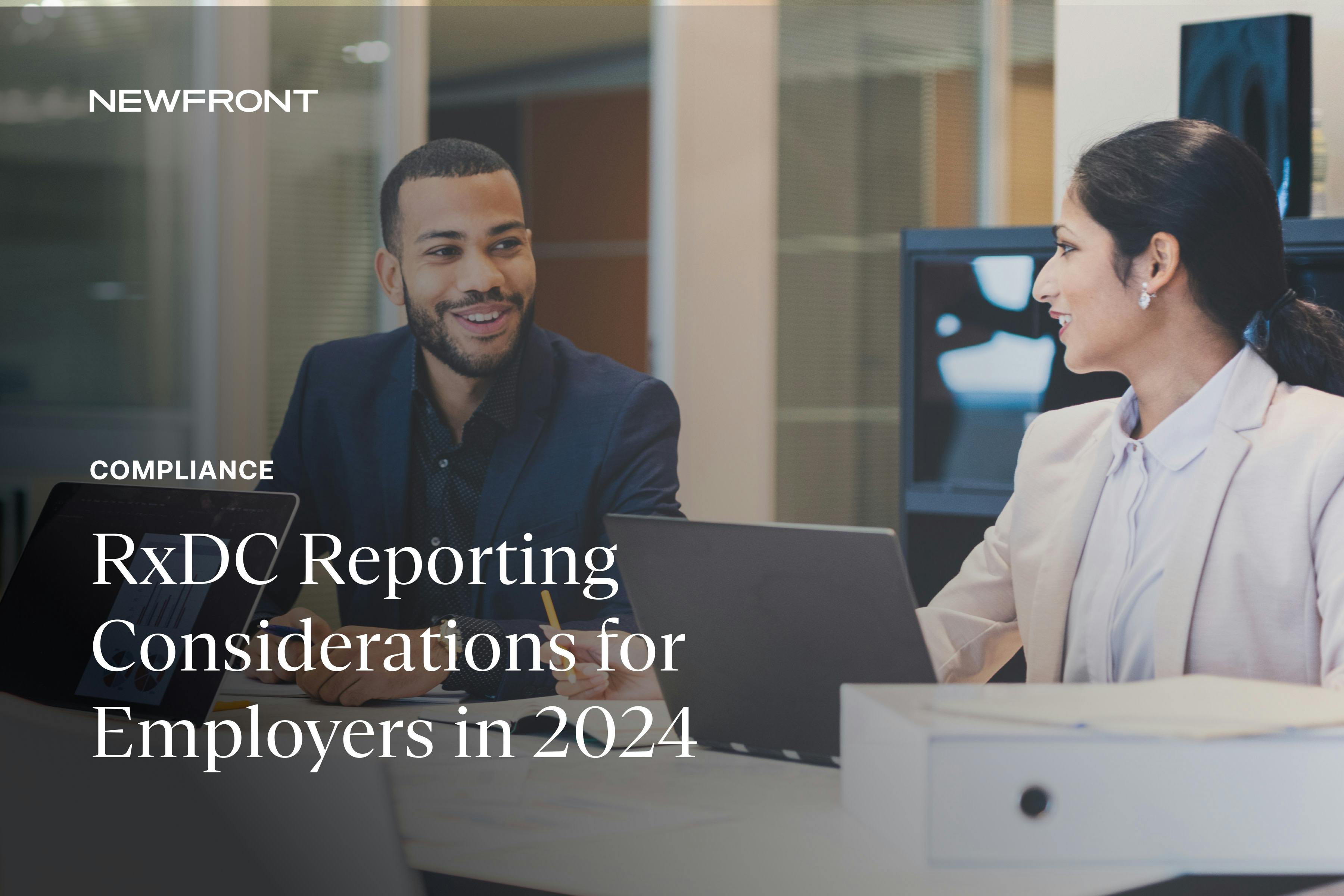ACA Pay or Play Applicability to Independent Contractors
By Brian Gilmore | Published October 20, 2017
Question: How are independent contractors handled for reporting under ACA? They are not offered benefits.
Compliance Team Response:
The ACA pay or play rules apply only to an employer’s common-law employees. There is no obligation (or even ability to) offer coverage to properly classified independent contractors who are paid by Form 1099 (because these workers are not considered your employees).
On a side note, this is another reason that there is a lot riding on the proper classification of workers as a common law employee or independent contractor. A worker who is incorrectly classified as an independent contractor could be subsequently retroactively reclassified as a common law employee. In that case, the reclassified workers could trigger retroactive pay or play penalties. I’ve written about this concern here: https://theabdteam.com/blog/potential-aca-implications-of-the-california-labor-commissioners-uber-driver-ruling/
The IRS has a nice summary of the independent contractor vs. common-law employee analysis here: https://www.irs.gov/taxtopics/tc762.html
Regulations:
Treas. Reg. §54.4980H-1(a)(15):
(15) Employee. The term employee means an individual who is an employee under the common-law standard. See § 31.3401(c)-1(b). For purposes of this paragraph (a)(15), a leased employee (as defined in section 414(n)(2)), a sole proprietor, a partner in a partnership, a 2-percent S corporation shareholder, or a worker described in section 3508 is not an employee.

Brian Gilmore
Lead Benefits Counsel, VP, Newfront
Brian Gilmore is the Lead Benefits Counsel at Newfront. He assists clients on a wide variety of employee benefits compliance issues. The primary areas of his practice include ERISA, ACA, COBRA, HIPAA, Section 125 Cafeteria Plans, and 401(k) plans. Brian also presents regularly at trade events and in webinars on current hot topics in employee benefits law.
Connect on LinkedIn
